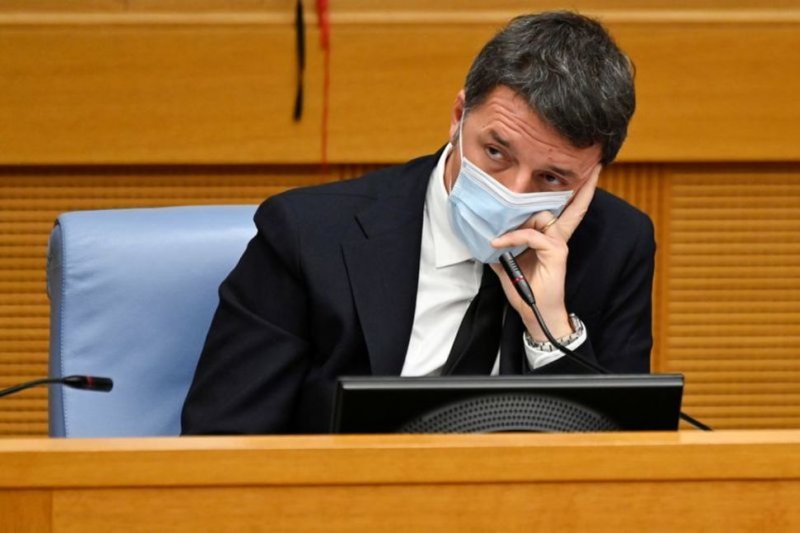Italy’s Government Falls into Chaos, further Complicating the Covid Response
Italy now has a political crisis on top of a resurgent pandemic. A rickety truce in the country’s ruling coalition broke apart Wednesday when former prime minister Matteo Renzi withdrew his small party’s support for the government, plunging the country into political chaos.
Analysts still think the likeliest scenario is that the current prime minister, Giuseppe Conte, will cobble together a new coalition majority and stay on the job. ÂRenzi, trying to revive his own career and clout, even left the door ajar to some kind of compromise.
But if Conte fails to assemble a new majority, far more significant political changes could upend a country contending not only with the virus but also with its deepest recession on record. Italy could wind up with an unelected unity government — or new elections that bring the far right to power.
Italy has long been used to fragile governments. Faced with a coronavirus emergency, the parties in this center-left coalition were willing to overlook their differences. But it is now clear the pandemic has outlasted the political goodwill.
Italy is preparing to spend an unprecedented flow of European Union recovery money, and the argument over how to use it helped deepen personal enmity between Renzi and Conte, centrists who are competing for the same voters.
Renzi’s move was met with a mix of anger and confusion by much of the country, with one opinion poll suggesting that nearly three-quarters of Italians feel he is foremost looking out for his own political interests. But Renzi, in a news conference Wednesday, argued that dealing with the pandemic also meant “solving problems, not concealing them,†and he has taken issue with Conte’s strategy for rebuilding Italy’s tattered economy.
In recent weeks, Renzi pushed the government to rewrite its plan for using some 200 billion euros (about $243 billion) in grants and cheap European loans, saying the initial blueprint was full of handouts and short on health investments. When that plan was improved, Renzi said Conte needed to do more — and should have Italy apply for specialized loans that would bolster health care but push the country deeper into debt.
Even pundits who agree with Renzi’s recovery ideas say that part of his gambit comes down to a personal rivalry with Conte.
Conte, unknown to most Italians three years ago, has become a surprisingly durable prime minister by the standards of a country that has had more than 60 governments since World War II. His popularity crested last year during an initial, firm lockdown in the spring that helped Italy flatten the coronavirus curve into the summer. He has since lost a bit of the luster: The virus has come racing back, and this time, the country’s restrictions are less firm and far less straightforward, sometimes changing by the day.
(Source: The Washington Post)













